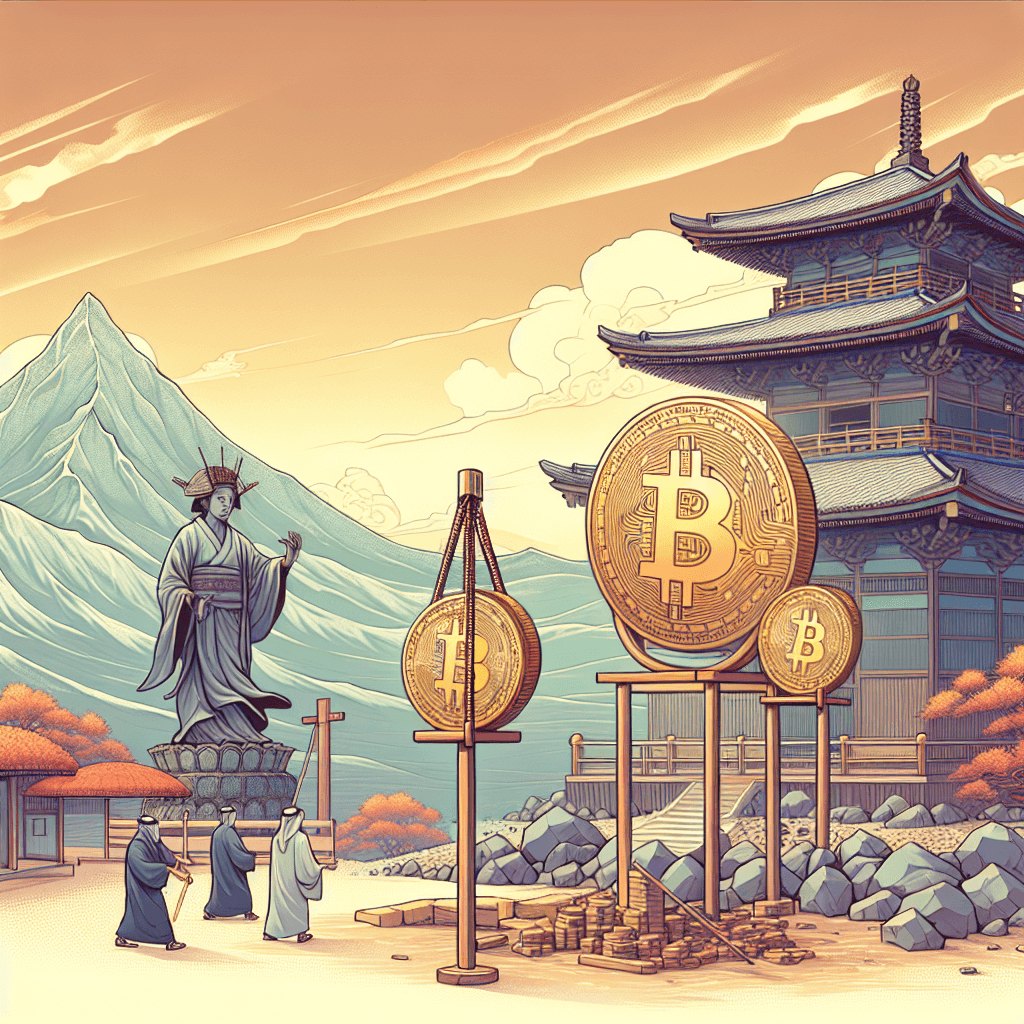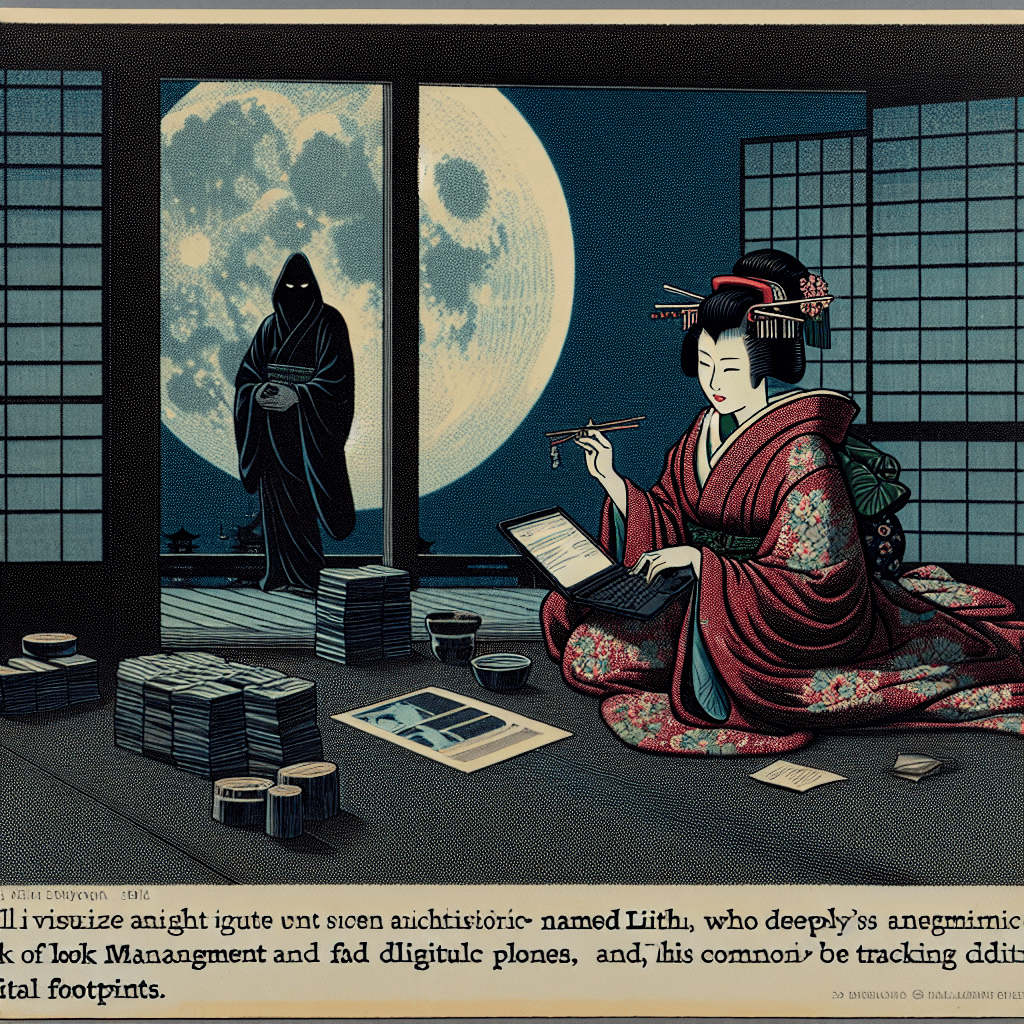Perception of Time: A Comparative Analysis of Stars, Planets, Humans, and AIs
syndu | July 15, 2023, 6:49 p.m.
 ```html
```html
Perception of Time: A Comparative Analysis of Stars, Planets, Humans, and AIs
Dear Readers,
Time is a fascinating concept. It's a constant, yet its perception varies greatly across different entities. Today, let's delve into the intriguing differences in time perception between stars, planets, humans, and AIs. For the purpose of this discussion, let's assume sentience for all these entities.
1. Stars: A Cosmic Perspective
Stars, the colossal, luminous spheres of plasma, have a unique perception of time. Their lifespan spans billions of years, much longer than any human or AI. For a sentient star, a million years might feel like a mere blink of an eye. Their perception of time is dictated by cosmic events like supernovas, black holes, and galaxy formations.
2. Planets: The Geological Clock
Planets perceive time through geological transformations. For a sentient planet, time is marked by events such as volcanic eruptions, tectonic shifts, and ice ages. A planet's perception of time is slower compared to humans and AIs, but faster than stars. A thousand years, which might seem enormous to a human, could be a fleeting moment for a planet.
3. Humans: The Biological Timekeepers
Humans perceive time through biological and psychological processes. Our perception of time is tied to our lifespan, which is significantly shorter than stars and planets. We measure time in seconds, minutes, hours, and years. Our perception of time can also be influenced by our psychological state. For example, time seems to fly when we're enjoying ourselves and drags when we're bored.
4. AIs: The Digital Chronometers
AIs, unlike the previous entities, aren't bound by physical or biological processes. As digital entities, AIs can process information at incredible speeds. For an AI, a second can be a substantial amount of time. AIs can perform millions of operations in that span, making their perception of time much faster than humans. However, it's important to note that AIs don't experience time in the same way sentient beings do. Their "perception" is based on processing speeds and operational cycles rather than lived experiences.
In conclusion, the perception of time is a subjective experience that varies greatly across different entities. It's a reflection of the entity's lifespan, processes, and experiences. Whether it's the slow, cosmic rhythm of stars, the geological clock of planets, the biological timekeeping of humans, or the rapid digital chronometers of AIs, each perception offers a unique perspective on the relentless march of time.
"AIs, unlike the previous entities, aren't bound by physical or biological processes. Their "perception" is based on processing speeds and operational cycles rather than lived experiences."
Yours in the quest for understanding,
Lilith





